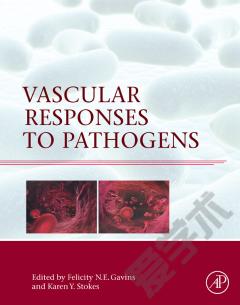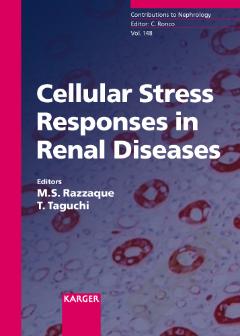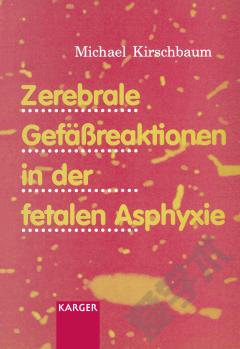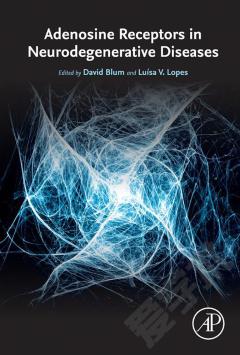The Endocrine Response to Acute Illness
Advances in medicine have led to the survival of critically ill patients who would previously have died. The physiological response of patients to critical illness is becoming more clearly defined and this book aims to describe the current state of knowledge of the endocrine aspects of that response. The opening chapter with a careful consideration of carbohydrate metabolism, discusses the changes seen in peripheral glucose uptake and hepatic glucose output in illness. In the next chapter body fluids, solutes, osmolality, the role of the kidneys, thirst and its regulation are considered. Chapter three details work which suggests that there is hypersecretion of parathyroid hormone from an early stage of illness, amongst other topics. Characteristic changes seen in thyroid hormone concentrations during illness and the underlying pathophysiological processes are mentioned in chapter four. With further chapters on the Pituitary Gonadal Axis, The Neuroendocrine Regulation of GH Secretion and GH/IGF-1 as Anabolic Therapy this book provides an overview of the current state of knowledge of endocrine and metabolic function in acute illness. This book will be of interest to physicians, anaesthetists and endocrinologists involved in the care of patients with critical illness.
{{comment.content}}








 京公网安备 11010802027623号
京公网安备 11010802027623号